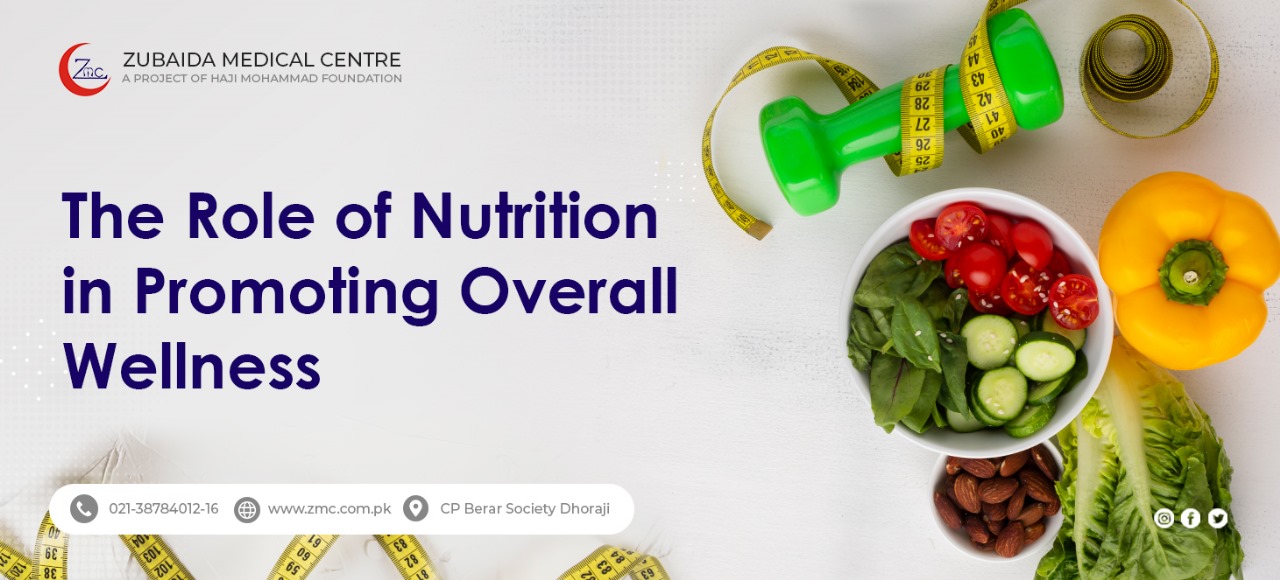In the journey towards optimal health and wellness, there’s a fundamental truth that cannot be overstated: nutrition plays a pivotal role. What we consume directly impacts every aspect of our well-being, from physical vitality to mental clarity. In a world where processed foods and quick fixes abound, understanding and prioritizing nutrition is more critical than ever.
Understanding Nutrition:
Nutrition isn’t merely about counting calories or following fad diets; it’s about nourishing the body with the essential nutrients it needs to thrive. These nutrients include carbohydrates, proteins, fats, vitamins, minerals, and water. Each serves a unique function, contributing to various bodily processes and systems.
Carbohydrates provide the primary source of energy, fueling everything from basic cellular functions to intense physical activity. Proteins are the building blocks of tissues, crucial for muscle repair, immune function, and hormone production. Fats play a role in cell structure, insulation, and nutrient absorption. Vitamins and minerals act as catalysts for biochemical reactions, supporting everything from bone health to immune function.
The Impact of Nutrition on Physical Health:
Proper nutrition is the cornerstone of physical health. A balanced diet rich in whole foods, including fruits, vegetables, lean proteins, and healthy fats, provides the body with the necessary nutrients to function optimally. Conversely, a diet high in processed foods, sugar, and unhealthy fats can lead to a myriad of health problems, including obesity, cardiovascular disease, diabetes, and even certain cancers.
By making conscious choices about what we eat, we can positively influence our weight, energy levels, and overall physical well-being. Adequate nutrition supports a strong immune system, reducing the risk of illness and enhancing the body’s ability to recover from injury or infection. It also promotes healthy aging, reducing the likelihood of chronic diseases and age-related decline.
The Link Between Nutrition and Mental Health:
In recent years, research has increasingly highlighted the intimate connection between nutrition and mental health. The foods we eat not only fuel our bodies but also impact our brain chemistry and mood. A diet lacking in essential nutrients can contribute to mood swings, anxiety, depression, and cognitive decline.
Conversely, a nutrient-rich diet can support mental clarity, focus, and emotional stability. Omega-3 fatty acids found in fish, for example, have been linked to improved mood and cognitive function. Similarly, certain vitamins and minerals, such as B vitamins and magnesium, play a role in neurotransmitter synthesis and regulation, influencing mood and stress levels.
Practical Tips for Improving Nutrition:
Achieving optimal nutrition doesn’t have to be complicated or restrictive. Here are some practical tips for incorporating healthy eating habits into your lifestyle:
- Focus on Whole Foods: Choose whole, minimally processed foods whenever possible. These include fruits, vegetables, whole grains, lean proteins, and healthy fats.
- Balance Macronutrients: Aim for a balance of carbohydrates, proteins, and fats in each meal. This balance helps regulate blood sugar levels, promotes satiety, and provides sustained energy.
- Prioritize Variety: Incorporate a diverse range of foods into your diet to ensure you’re getting a wide array of nutrients. Eating a rainbow of fruits and vegetables is an excellent way to achieve this.
- Stay Hydrated: Drink plenty of water throughout the day to support hydration and optimal bodily functions. Limit sugary beverages and excessive caffeine intake.
- Practice Mindful Eating: Pay attention to hunger and fullness cues, and eat slowly to savor and appreciate your food. This can help prevent overeating and promote better digestion.
- Plan and Prepare Meals: Take time to plan and prepare meals ahead of time to avoid relying on convenience foods or unhealthy options when pressed for time.
- Listen to Your Body: Everyone’s nutritional needs are unique. Pay attention to how different foods make you feel and adjust your diet accordingly.
Nutrition is far more than just fuel for the body; it’s the foundation of overall wellness. By nourishing our bodies with wholesome, nutrient-dense foods, we can support physical vitality, mental clarity, and emotional well-being. Making conscious choices about what we eat empowers us to take control of our health and live our best lives. So let’s embrace the power of nutrition and prioritize our well-being one meal at a time.

